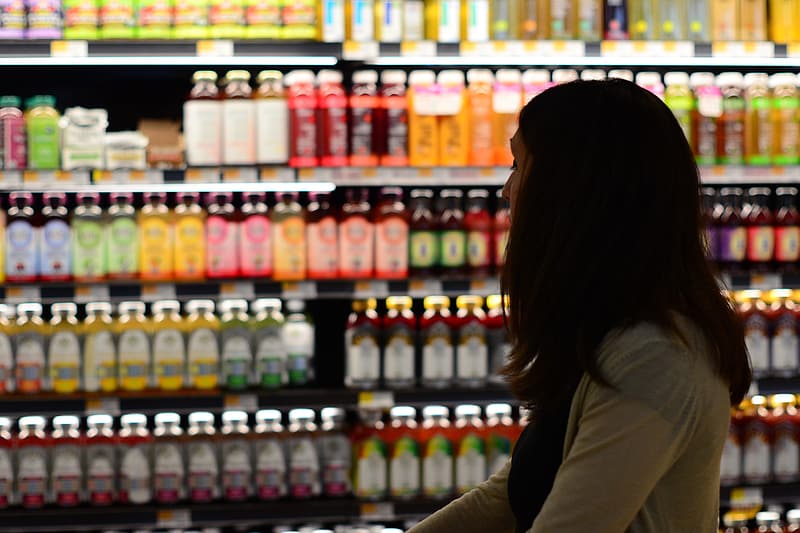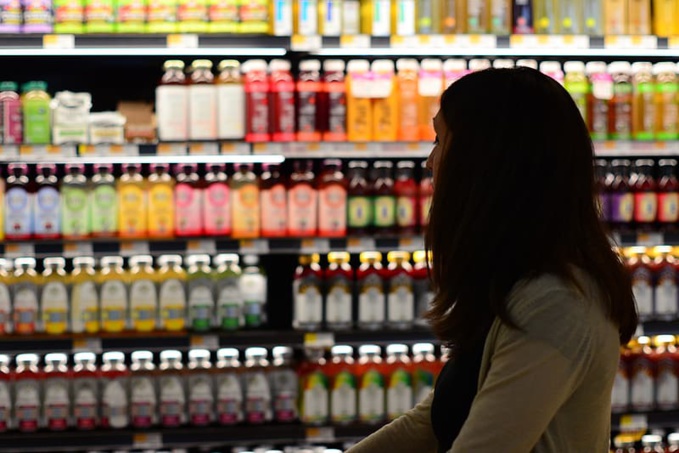Retailers are beginning to actively use AI systems to work with their customers. These systems anticipate consumer behaviour and encourage them to take a look at special offers and discounts based on their preferences. The UK developers of the Ubamarket application have already entered into an agreement to work together with mid-price networks such as Spar, Coop and Budgens in the UK.
Ubamarket founder Will Broome said in an interview with the BBC that their "AI system tracks consumer behaviour beyond just buying, and the more you buy, the better the AI knows which products you prefer".
The system works to anticipate consumer behaviour. For example, how much more likely it is that a customer will choose a new brand or want to buy a bar of chocolate on a Saturday night.
Based on this analysis, the system can make a person a 'hyper-personalised' offer based on their habits, for example, offering a discounted wine on Friday night. "We have found that using the application leads to a 20% increase in the volume of the shopping basket, and consumers are three times as likely to return to a shop using the application," says the developer.
Berlin startup SO1, which has created a similar AI system for retailers, notes that this approach makes it possible to make more thoughtful and effective offers for customers than traditional discount, promotion and special offer programmes.
According to SO1 estimates, the number of people buying goods recommended by modern AI systems is on average nine times higher than the number of people buying goods recommended by traditional promotions and special offers - even if discounts are on average 30% lower.
source: bbc.com
Ubamarket founder Will Broome said in an interview with the BBC that their "AI system tracks consumer behaviour beyond just buying, and the more you buy, the better the AI knows which products you prefer".
The system works to anticipate consumer behaviour. For example, how much more likely it is that a customer will choose a new brand or want to buy a bar of chocolate on a Saturday night.
Based on this analysis, the system can make a person a 'hyper-personalised' offer based on their habits, for example, offering a discounted wine on Friday night. "We have found that using the application leads to a 20% increase in the volume of the shopping basket, and consumers are three times as likely to return to a shop using the application," says the developer.
Berlin startup SO1, which has created a similar AI system for retailers, notes that this approach makes it possible to make more thoughtful and effective offers for customers than traditional discount, promotion and special offer programmes.
According to SO1 estimates, the number of people buying goods recommended by modern AI systems is on average nine times higher than the number of people buying goods recommended by traditional promotions and special offers - even if discounts are on average 30% lower.
source: bbc.com



















